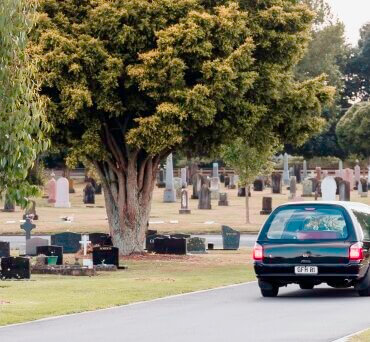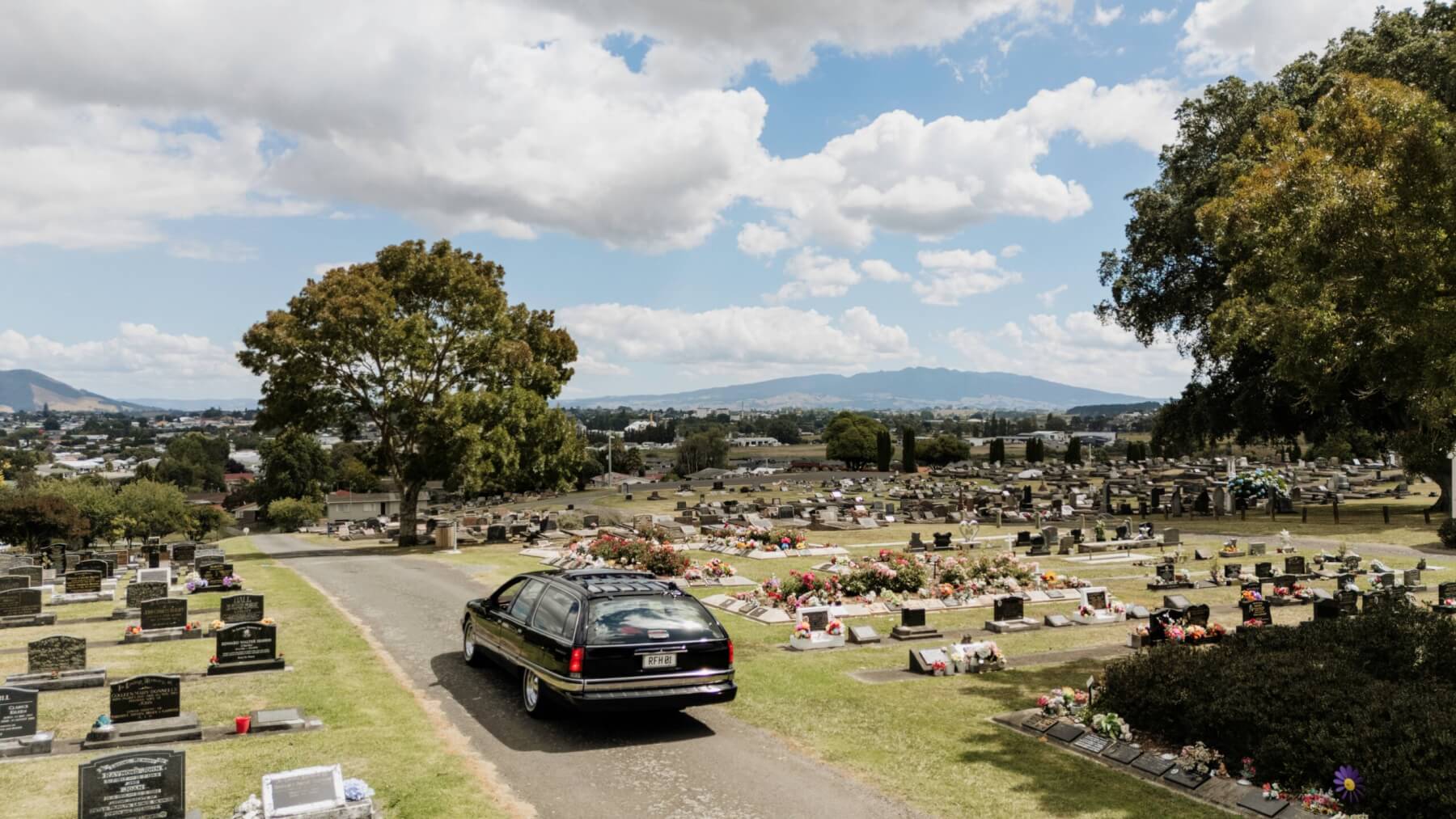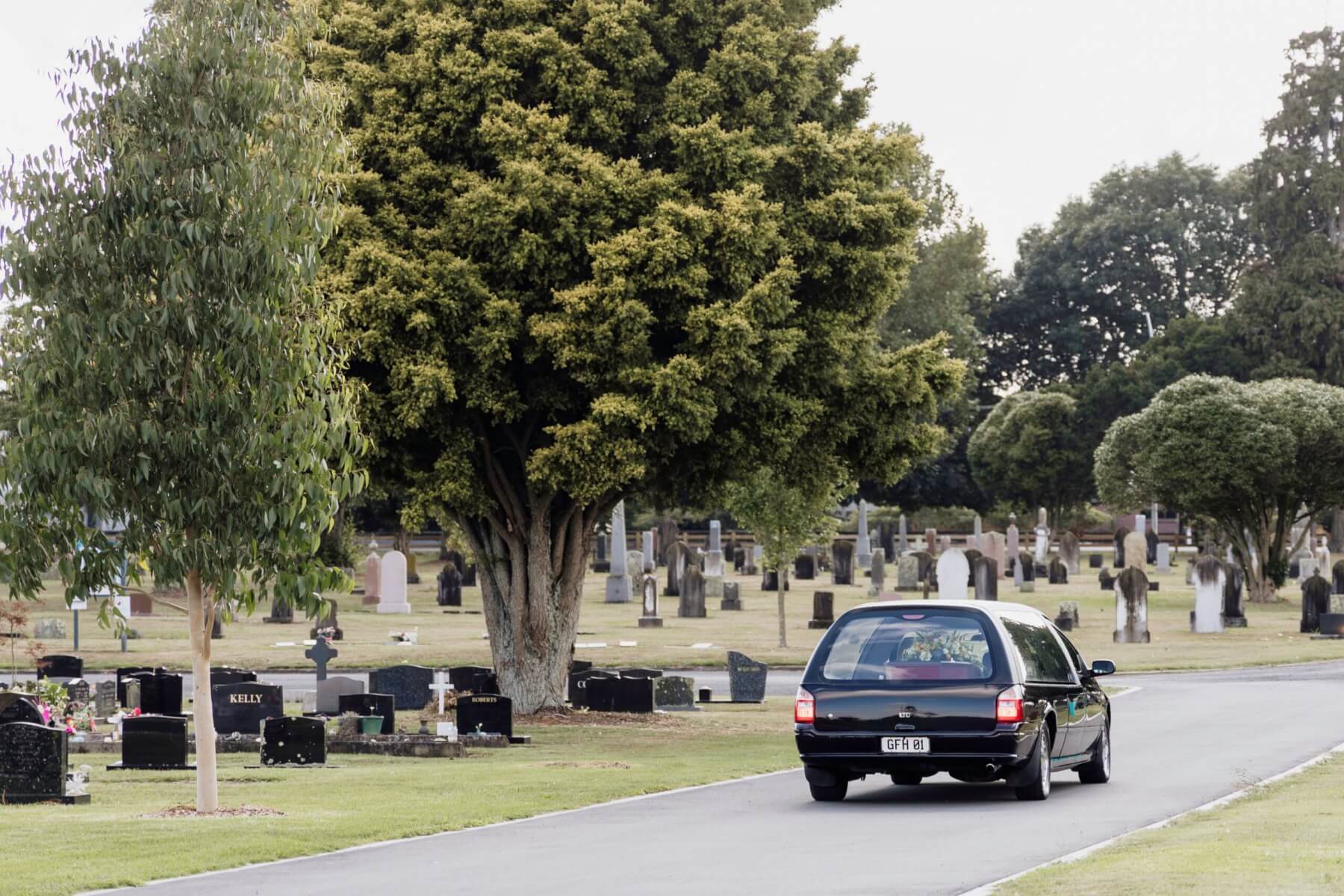
Hautapu Cemetery
The financial strain of burying loved ones is becoming more evident, two Waipā funeral directors say.

Te Awamutu Cemetery
Waipā District Council has confirmed significant increases in burial-related fees for 2025-26 and 2026-27 in its 2025-2034 Long Term Plan.
A standard adult burial plot in Te Awamutu or Hautapu now costs $2783, rising to $3284 next year. The interment fee, which is the cost of actually burying a loved one, has also increased to $1271, with a further increase to $1460 expected in 2026/27.
These increases far exceed the Consumer Price Index and are putting pressure on families already struggling with rising household costs.

Jim Goddin, left and Jordan Goss
Jim Goddin, funeral director at Grinters Funeral Home in Cambridge and Rosetown. Funerals in Te Awamutu, says the financial strain is becoming more visible for families and loved ones.
“We’re seeing families caught off guard. The government’s funeral grant from Work and Income is capped at $2,616.12, which doesn’t even cover the cost of a plot and burial in Waipā anymore,” said Goddin.
“People are having to make difficult choices, whether to cremate, delay services, or take on debt. It’s heartbreaking.
“For those that choose to pre-plan their funeral, about 70 per cent are opting for a cremation to lessen the financial burden on their loved ones once they’re no longer with us.”
While Goddin accepts that council fees and charges need to recover the true cost of cemetery services, including land use, maintenance, and staff time, he is concerned the gap between public support and actual costs is widening.
A simple graveside service with only essential charges is now over $9000. A direct cremation through a provider like Waikato Cremations is a more affordable option, however it doesn’t provide the family with an opportunity to say goodbye in a way they choose to.
The cost difference between natural burials and full burials is very minimal.
Goddin is urging families to plan ahead and talk openly about their wishes.
“Pre-planning can ease the burden. But we also need a broader conversation about how we support people at the end of life, financially and emotionally.”

Hearse at Hautapu cemetery








